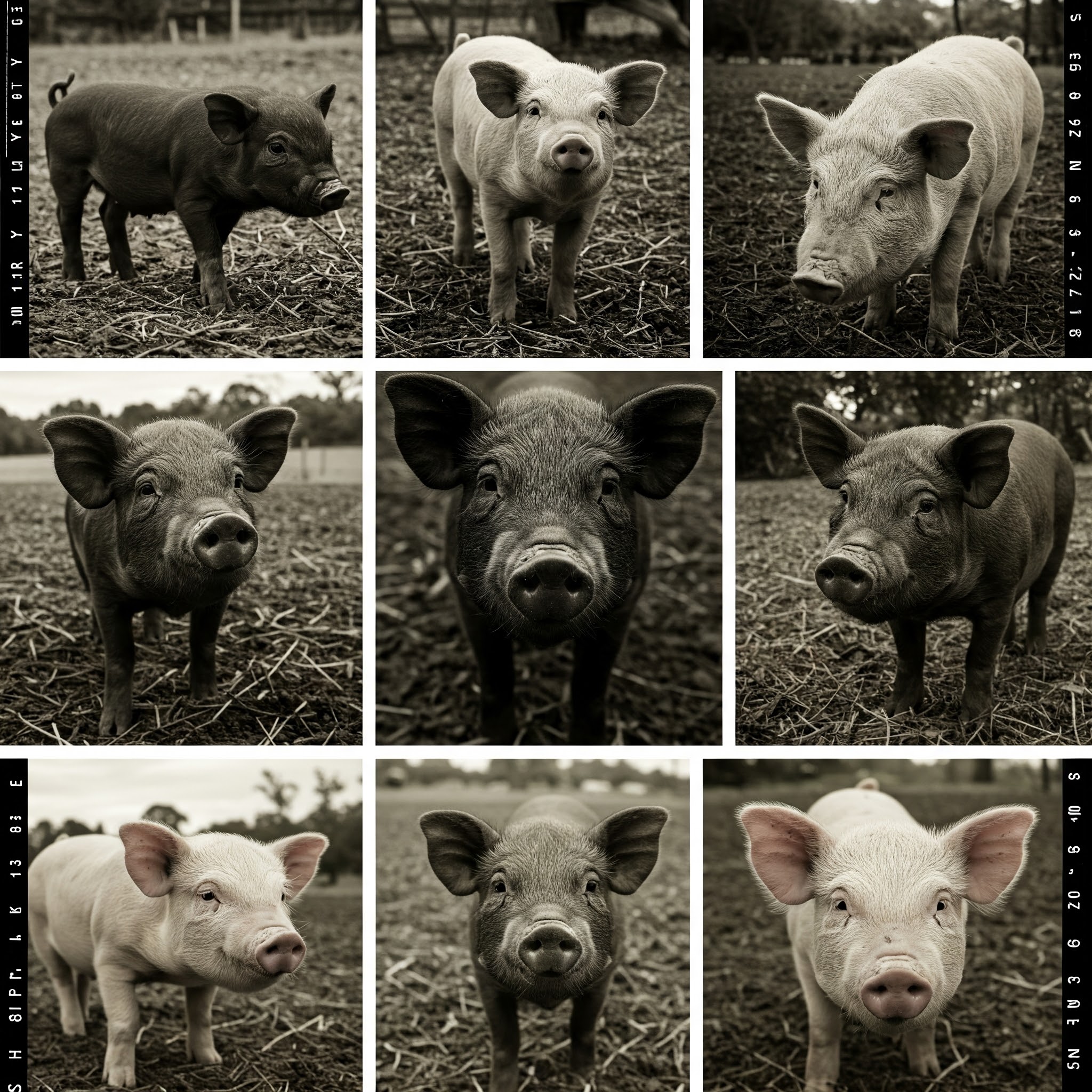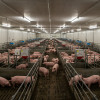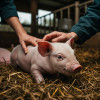
The Fascinating World of Pigs: More Than Just Bacon
The Fascinating World of Pigs: More Than Just Bacon
Pigs are often stereotyped as dirty, greedy, and unintelligent creatures. However, this couldn't be further from the truth. Pigs are actually remarkably smart, social, and clean animals. They play an important role in our ecosystem and have a fascinating history with humans.
Intelligence and Social Behavior
Pigs are considered to be one of the most intelligent animals, even surpassing dogs in some cognitive tests. They can learn tricks, recognize their own reflection, and even understand complex concepts like object permanence. Pigs are also highly social animals. They form close bonds with other pigs and enjoy playing together. In their natural environment, they live in groups called "sounders" and engage in cooperative behaviors like raising their young.
Cleanliness and Hygiene
Despite their reputation, pigs are actually quite clean animals. They naturally avoid defecating in their living area and prefer to keep their space tidy. The reason they often appear dirty is because they wallow in mud. This behavior helps them regulate their body temperature and protect themselves from sunburn and insects.
Ecological Importance
Pigs play a vital role in their natural ecosystem. As omnivores, they help control populations of both plants and animals. They also aerate the soil with their rooting behavior, which helps promote plant growth. Additionally, pigs are a food source for many predators, contributing to the balance of the food chain.
Pigs and Humans: A Long History
Pigs have been domesticated by humans for thousands of years. They were one of the first animals to be domesticated, and they have played an important role in human societies ever since. Pigs have provided humans with food, clothing, and other resources. They have also been featured in mythology and folklore across various cultures.
Modern Pig Farming
Today, the majority of pigs are raised in intensive farming operations. While this has made pork more affordable and accessible, it has also raised concerns about animal welfare and environmental impact. However, there is a growing movement towards more sustainable and humane pig farming practices. These practices focus on providing pigs with a better quality of life, reducing pollution, and ensuring the safety of the food supply.
The Future of Pigs
As our understanding of pigs grows, we are beginning to appreciate their true intelligence, social complexity, and ecological importance. It is crucial that we continue to improve pig farming practices to ensure the well-being of these animals and the sustainability of our food systems. By recognizing the true value of pigs, we can create a future where both humans and pigs thrive.
Conclusion
Pigs are far more complex and fascinating creatures than we often give them credit for. They are intelligent, social, clean, and ecologically important animals. By understanding and appreciating the true nature of pigs, we can create a more harmonious relationship between humans and these remarkable animals.




